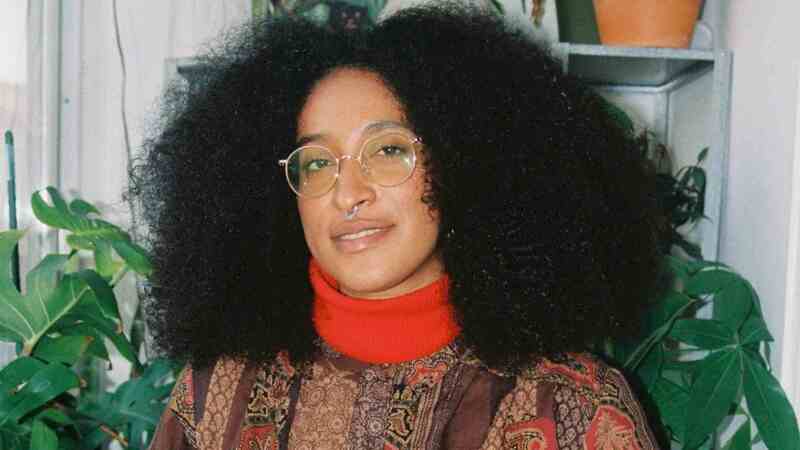You are viewing your 1 free article this month. Login to read more articles.
Computer says no
Not having a book on Amazon’s virtual shelves is close to never having been published. Even with such power on its hands, the company does not hesitate to censor works it considers unsuitable for its readers, without disclosing the rationale or asking those readers what they think. As the retail giant continues to grow towards a virtual monopoly, this becomes an issue that simply cannot be ignored.
This is not a new behaviour, however. It has been a pattern at the retail giant for many years.
In 2018, several writers complained that their books had been banned from the Amazon self-publishing platform (known as KDP, or Kindle Direct Publishing) for no apparent reason. The company offered no explanation beyond accusing the authors of "abusing the system.” In fact, some authors do resort to tricks to cheat the system, however, the online giant gives the authors little chance to explain themselves or even report that a mistake has been made.
Amazon also seems to have issues with pornography and erotica. In 2010 Amazon removed an “incest-themed erotica” novel from its store, and later other similarly themed novels were also removed. After being denounced, Amazon changed its mind and resumed selling the controversial books.
Not long before, Amazon got involved in a controversy for deleting an edition of George Orwell's 1984 from buyers' Kindles. Perhaps a harbinger of what was to come.
Buying a book is different from accessing YouTube – to start, you have to actually buy a book to gain full access. What is controversial or even violates basic rules on YouTube does not necessarily carry the same weight when it comes to a book. Many years ago, Marshall McLuhan explained that "the medium is the message," and his reasoning applies perfectly here. It is unimaginable to think of allowing videos preaching neo-Nazism on YouTube, yet the sale of Hitler's Mein Kampf is and should be legal, no matter how disgusting and hateful the ideology preached in those lines might be. The logic of avoiding and crushing hate speech online does not apply to buying and selling books, yet Amazon doesn’t seem to care.
There is no shortage of cases of book censorship for the most diverse reasons, just as it is not uncommon for the attempt to backfire, ensuring even more popularity for sometimes controversial titles. Even Elon Musk got into the controversy last year when he called out Amazon for censoring a book about the COVID-19 pandemic and critical of lockdowns, Unreported Truths about COVID-19 and Lockdowns by Alex Berenson. Interestingly, another book about the pandemic, this time with a far-left and China-sympathetic perspective, was also censored by Amazon while Berenson's book is now back on its virtual shelf.
Now, Brazilian cartoonist Adão Iturrusgarai has been censored by Amazon and had his books blocked from the huge online retailer because they are allegedly pornographic. It is a fact that Iturrusgarai’s cartoons are sexual and provocative; however, him being banned from self-publishing his books through Amazon’s KDP seems to be yet another hint of the danger of having a worldwide monopoly acting without any kind of oversight. It is up to Amazon to decide what is pornographic, what is controversial and what deserves censorship. What is interesting here is that Iturrusgarai’s books edited by major publishers can be sold in Amazon’s bookstore, but he cannot use Amazon’s KDP to self-publish.
“Amazon's KDP has its strict and conservative rules, however, any publisher or even myself can sell books. Like they sell a [Milo] Manara, a [Jules] Vuillemin, a RanXerox [by Tanino Liberatore],” Iturrusgarai told me. He also noted that he “tried to argue that they are humour books, etc, but it was no good. The problem is that they don't say exactly where the problem is. I decided to accept it for the time being, but soon I will take all my books out of there.” But for some authors, simply jumping ship is not that easy - Amazon is their best, if not only, source of income.
Can we leave it up to a company to decide what we can and cannot read? The answer is no, but little can be done against Amazon aside from public pressure - which doesn't always work. The hope that smaller and independent stores and publishers will be able to create alternatives to the buy-now behemoth remains unfulfilled.
And the biggest problem here is not in itself the decision not to publish or sell something that goes against company values, but rather the lack of transparency on what those values are - fuelled by the bigger issue of Amazon being a monopoly, therefore limiting alternative options for sellers and buyers.
It is one thing for a local bookstore to decide not to sell certain types of books. It is something completely different for a company that’s doing its best to become the centre of the publishing world to censor books based on flawed, outdated, moralistic or undisclosed rules – rules that often, from the outside, make no sense.
Raphael Tsavkko Garcia is a Brazilian journalist published by Al Jazeera, DW, MIT Tech Review and Tor, among other news outlets. He also has a PhD in Human Rights.
















